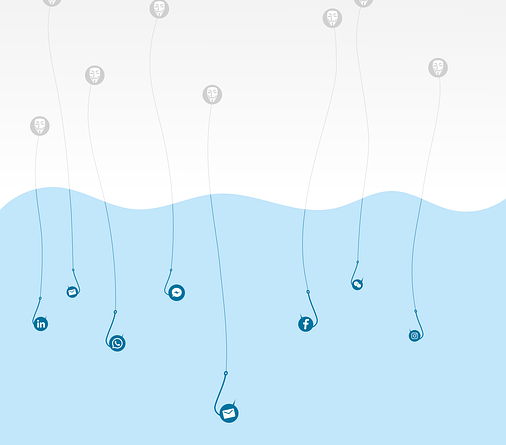
Are you ready to dive into the thrilling world of online safety? Brace yourself, because cybersecurity basics are about to become your new best friend.
In this beginner’s guide, we’ll equip you with the essential tools to navigate the digital realm like a pro. Picture this: as you surf the web with confidence, hackers and cybercriminals tremble in fear at your impenetrable defenses.
With a few simple steps, you’ll learn how to create fortress-like passwords that no one can crack. You’ll uncover the secrets of recognizing and dodging phishing attacks like a seasoned spy.
And don’t worry; we won’t leave your precious devices vulnerable either – we’ve got tips on securing them too. From social media privacy to safe online shopping and banking, we’ve got you covered.

So buckle up and get ready for an exhilarating journey through the world of cybersecurity – where safety is paramount and ignorance is not an option!
Key Takeaways
- Phishing attacks are a common threat that can trick individuals into revealing personal information.
- Implementing proper device and network security measures is crucial for protecting personal information from unauthorized access.
- Regularly updating software, using strong passwords, and enabling two-factor authentication are important for maintaining online safety.
- Being cautious with emails, attachments, and suspicious requests can help protect against phishing attacks and other cyber threats.
Introduction
Now that you’ve decided to take control of your online safety, let’s dive into the basics of cybersecurity. Understanding cybersecurity basics is crucial for protecting yourself against various threats on the internet.
One common threat is phishing attacks, where cybercriminals trick you into revealing personal information by posing as a trustworthy entity. By learning how to identify and avoid these scams, you can safeguard your sensitive data.
Another important aspect of online safety is device security. This involves keeping your devices updated with the latest security patches and using strong passwords to protect them from unauthorized access.
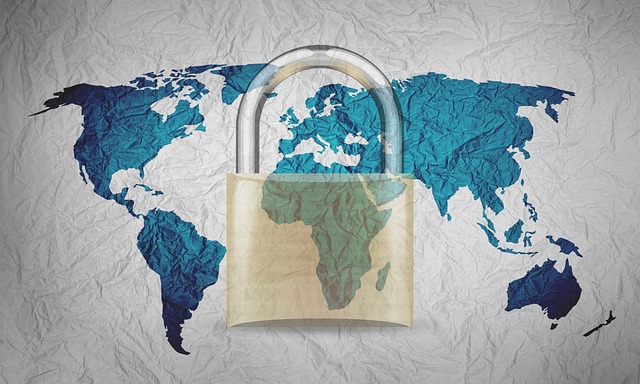
Lastly, it’s essential to practice safe internet browsing habits by avoiding suspicious websites and only downloading software from trusted sources. These fundamental steps will help you establish a solid foundation in cybersecurity and keep yourself protected online.
Understanding Cybersecurity
Understanding cybersecurity is crucial for anyone who uses the internet. It matters because it helps protect your personal information from being stolen or misused. By learning about cybersecurity, you can better understand the risks and threats that exist online. You can take proactive measures to safeguard yourself against them. So, whether you’re a casual internet user or an avid online shopper, understanding cybersecurity is essential for staying safe in today’s digital world.
Why Cybersecurity Matters
Ensure your online safety and protect yourself from identity theft and fraud by understanding why cybersecurity matters.
In this digital age, where we rely heavily on technology for our day-to-day activities, it’s crucial to prioritize our online security. By implementing proper wifi security measures, you can safeguard your personal information from hackers who may try to gain unauthorized access to your network.
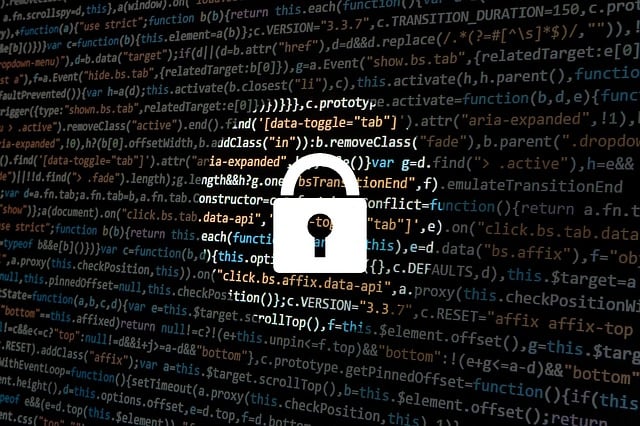
Network security is essential in preventing cyber attacks that could compromise sensitive data stored on your devices or within online accounts like online shopping or online banking.
Additionally, email security is vital as phishing scams are becoming increasingly sophisticated, posing a significant threat to individuals’ personal and financial information.
By understanding the importance of cybersecurity and taking necessary precautions, you can minimize the risks associated with online threats and protect yourself from potential harm.
Creating Strong Passwords
Creating strong passwords is crucial in order to protect your online accounts from hackers and unauthorized access. By using a combination of uppercase letters, lowercase letters, numbers, and special characters, you can create passwords that are difficult to guess.

Additionally, it’s important to avoid using common words or personal information in your passwords to further enhance their security.
Importance of Strong Passwords
Remember, using strong passwords is crucial for protecting your online accounts and keeping hackers at bay. Strong passwords are the first line of defense in safeguarding your personal information and maintaining social media privacy.
Cybersecurity experts emphasize the importance of creating unique and complex passwords to prevent identity theft and fraud. A strong password consists of a combination of uppercase and lowercase letters, numbers, and special characters. Avoid using common phrases or personal information that can easily be guessed by hackers.
It’s also essential to regularly update your passwords and avoid reusing them across different platforms. By following these cybersecurity basics, you can significantly reduce the risk of falling victim to cyber-attacks and ensure the safety of your online presence.
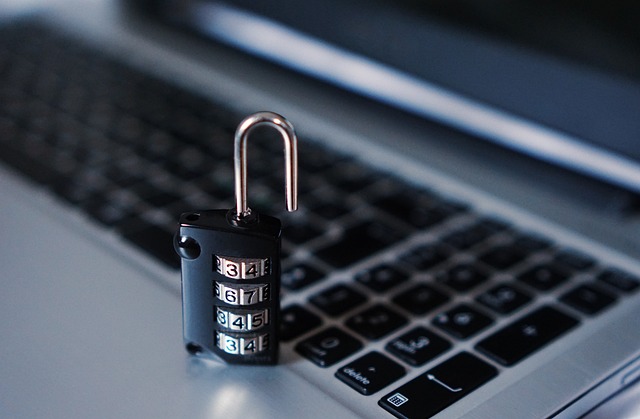
Tips for Creating Secure Passwords
When it comes to protecting your personal information online, one of the most important steps you can take is to craft strong and unique passwords. A strong password should be long and complex, using a combination of upper and lowercase letters, numbers, and special characters.
Avoid using common phrases or easily guessable information such as your name or birthdate. It’s also crucial to avoid reusing passwords across multiple accounts. Consider using a password manager to securely store all your passwords in one place.
Additionally, make sure to enable encrypted messaging on platforms that offer it for an extra layer of protection. Keep your devices secure by regularly updating antivirus software and enabling firewalls.
Finally, always use wifi encryption when connecting to public networks and ensure that websites you visit are encrypted with HTTPS protocols for secure browsing.
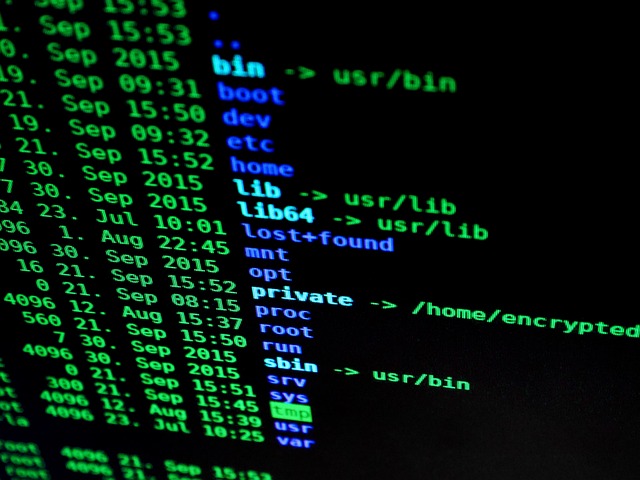
Recognizing and Avoiding Phishing Attacks
Phishing is a common method used by cybercriminals to trick you into revealing sensitive information, such as usernames, passwords, and credit card numbers.
To identify and avoid phishing attacks, it’s important to pay attention to warning signs like suspicious email addresses or URLs, grammatical errors, and urgent requests for personal information.
Remember to never click on unknown links or download attachments from unfamiliar sources to protect yourself from falling victim to these scams.
What is Phishing?
Imagine yourself walking through a bustling marketplace, surrounded by vendors eagerly trying to sell you their goods, unaware that lurking among them are clever tricksters disguised as trustworthy merchants. This is similar to the world of phishing attacks online.

Phishing is a deceptive practice used by cybercriminals to trick individuals into revealing sensitive information such as passwords, credit card details, or personal data. These attackers often use social engineering techniques and email scams to gain your trust and make you believe that they are legitimate sources.
It’s essential to understand that anyone can be a target of phishing attacks, which is why it’s crucial to take steps to protect yourself. Using a reliable VPN (Virtual Private Network) can help safeguard your online activities by encrypting your data and hiding your IP address from prying eyes.
Stay vigilant and be cautious when dealing with suspicious emails or requests for personal information; always verify the sender’s authenticity before sharing any sensitive details.
Tips to Identify and Avoid Phishing Attacks
Protect yourself from phishing attacks by being vigilant and cautious when it comes to emails, attachments, and suspicious requests.

One of the first things you can do is check the email sender. If it looks unfamiliar or suspicious, exercise caution before opening any attachments or clicking on any links.
Additionally, pay attention to the URL in the email message. Hover over links to see if they direct you to a legitimate website or if they lead somewhere else entirely.
Be wary of urgent or suspicious requests that ask for personal information or financial details. Remember, reputable organizations will never ask for this information via email.
Lastly, be cautious with email attachments as they may contain malware or viruses that can compromise your security.
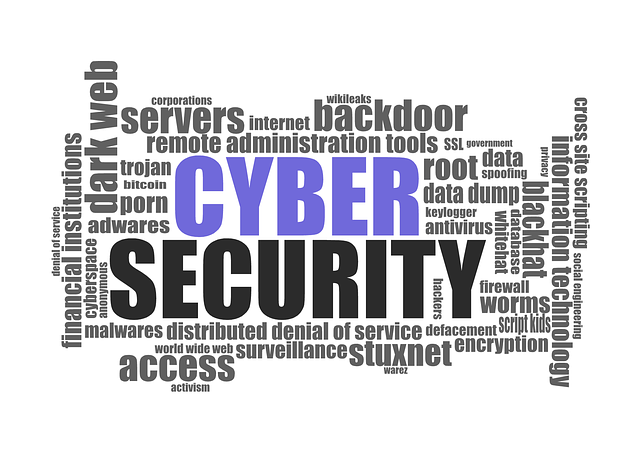
Stay alert and protect yourself online!
Securing Your Devices
To secure your devices, it’s important to keep your operating systems and software up to date. Regularly updating your device’s software ensures that you have the latest security patches and fixes for any vulnerabilities.
You should also use antivirus and anti-malware software to protect against malicious threats and enable firewalls to monitor incoming and outgoing network traffic.
Additionally, don’t forget to take steps to protect your mobile devices. Use strong passwords or biometric authentication, encrypt data, and enable remote tracking or wiping features in case of loss or theft.

Keeping Operating Systems and Software Up to Date
Regularly updating your operating systems and software is like giving your digital fortress a fresh coat of paint, fortifying it against potential cyber threats.
Operating system and software updates often include patches that fix security vulnerabilities, making it essential to keep them up to date. These vulnerabilities can be exploited by hackers to gain unauthorized access to your device or steal sensitive information. By installing updates promptly, you ensure that any weaknesses in the system are addressed, reducing the risk of a successful attack.
Additionally, keeping your software updated ensures that you have access to the latest features and improvements, enhancing your overall user experience. Set up automatic updates whenever possible to simplify the process and ensure you never miss an important update.
Remember, staying proactive with updates is crucial for maintaining a secure online environment.

Using Antivirus and Anti-malware Software
Imagine your digital fortress equipped with powerful antivirus and anti-malware software, acting as a vigilant guardian against the lurking threats of the cyber world.
With these essential tools in place, you can rest assured that your online activities are protected from malicious software and potential attacks. Antivirus software scans your computer for viruses, worms, and other harmful programs, while anti-malware software focuses on detecting and removing malware like spyware and adware.
Regularly updating both types of software ensures that they have the latest virus definitions and security patches to effectively combat new threats. Additionally, these programs often include real-time scanning features that actively monitor your system for any signs of danger.
By investing in reliable antivirus and anti-malware software, you can create a strong defense against cyber threats and keep your personal information safe in the digital realm.

Enabling Firewalls
Equipped with powerful antivirus and anti-malware software, your digital fortress stands strong against cyber threats. But enabling firewalls adds an extra layer of protection that can bring peace of mind.
Firewalls act as a barrier between your device and the internet, monitoring incoming and outgoing network traffic. They block unauthorized access attempts by analyzing data packets and determining if they should be allowed or denied. By doing so, firewalls help prevent hackers from infiltrating your system and stealing sensitive information.
Additionally, firewalls can also detect and block malicious software trying to communicate with external servers. It’s important to keep your firewall enabled at all times to ensure continuous protection.
Remember, while antivirus software protects against known threats, firewalls provide essential defense against potential unknown threats lurking online.
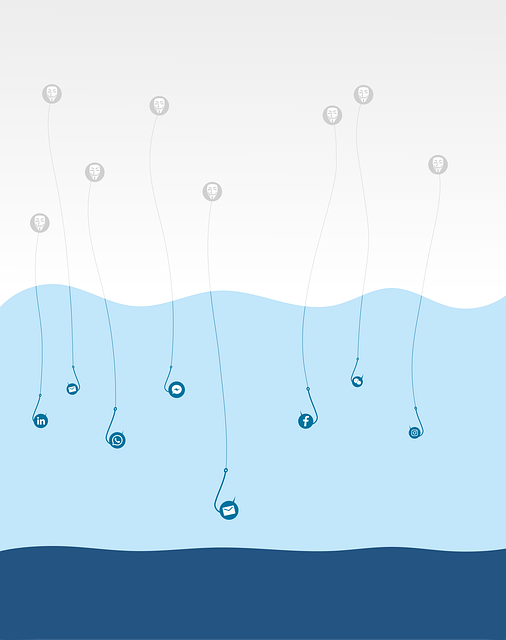
Protecting Mobile Devices
Locked behind the ironclad security of passcodes or biometric authentication, your mobile device becomes an impenetrable fortress against potential threats. But there are additional steps you can take to ensure the safety of your personal information and sensitive data.
First, make sure to install reputable apps from trusted sources only. Avoid downloading apps from unfamiliar websites or third-party stores as they may contain malware or other malicious software.
Additionally, regularly update your mobile device’s operating system and apps to protect against known vulnerabilities.
Finally, be cautious when using public Wi-Fi networks, as they can be susceptible to hackers who can intercept your data. Consider using a virtual private network (VPN) for added security while browsing on public networks.
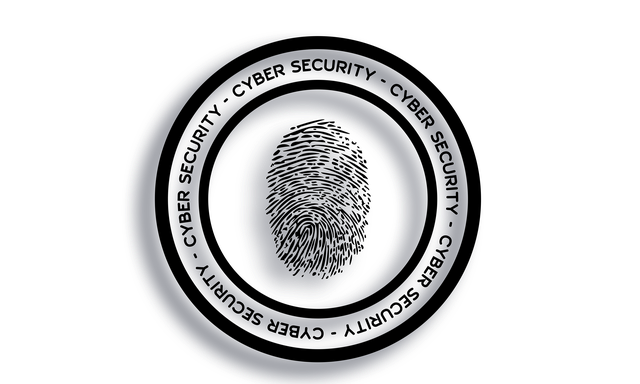
By following these basic cybersecurity practices, you can safeguard your mobile device and enjoy a worry-free online experience.
Safe Internet Browsing Practices
When it comes to safe internet browsing practices, there are three key points to keep in mind.
First, you should be able to recognize secure websites by looking for the padlock symbol in the address bar and ensuring that the URL starts with ‘https.’
Second, it’s important to avoid suspicious websites and downloads that may contain malware or other harmful content.
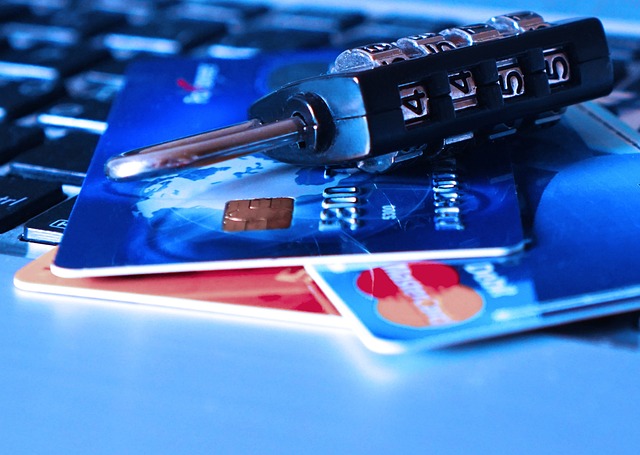
Lastly, using ad-blockers and privacy extensions can help protect your online privacy by preventing intrusive advertisements and blocking tracking cookies.
Recognizing Secure Websites
To ensure your online safety, it’s important to be able to recognize secure websites by looking for the HTTPS encryption and padlock icon. When you visit a website, take a look at the address bar in your browser. If the website has an HTTPS URL instead of just HTTP, it means that your communication with the site is encrypted and secure. This is crucial because it prevents hackers from intercepting or tampering with any information you send or receive on that website.
Additionally, look for a padlock icon next to the website’s URL. This indicates that the website has been verified and authenticated by a trusted certificate authority.
By being vigilant and only interacting with secure websites, you can significantly reduce your risk of falling victim to cyber attacks or having your personal information compromised.

Avoiding Suspicious Websites and Downloads
Be extremely cautious and avoid any sketchy websites or downloads, as they could potentially unleash a devastating avalanche of cyber threats onto your vulnerable digital fortress. Stick to reputable websites that are known for their security measures and have a good reputation.
Look for the padlock symbol in the address bar, indicating that the website has a valid SSL certificate and uses encryption to protect your data. Be wary of websites that have unusual domain names or URLs filled with random characters. These are often indicators of suspicious websites that may contain malware or phishing attempts.
Additionally, be cautious when downloading files from unknown sources, as they can easily hide malicious software. Always download from trusted sources and double-check the file’s integrity with an antivirus scan before opening it on your device.
Using Ad-blockers and Privacy Extensions
Maximize your digital protection by using ad-blockers and privacy extensions to safeguard your online experience.

Ad-blockers can help prevent intrusive ads from appearing on websites, reducing the risk of clicking on malicious ads that may contain malware or lead to phishing sites. These tools work by blocking scripts and elements that display advertisements, making your browsing experience safer and faster.
Privacy extensions, on the other hand, enhance your online privacy by blocking tracking cookies and preventing websites from collecting your personal information without consent. They also provide options for encrypting your internet connection and masking your IP address, adding an extra layer of security to your browsing activities.
By utilizing ad-blockers and privacy extensions, you can significantly reduce the chances of encountering cyber threats while enjoying a more private and secure online environment.
Wi-Fi and Network Security
To ensure the security of your home Wi-Fi network, it’s essential to take necessary precautions. You can start by securing your Wi-Fi network with a strong password and enabling encryption protocols like WPA2.

When using public Wi-Fi, it’s crucial to exercise caution and avoid accessing sensitive information or making online transactions. This will help protect yourself from potential hackers.
Securing Your Home Wi-Fi Network
Make sure your home Wi-Fi network is secure by changing the default router passwords and using strong network encryption – this will help protect your personal information from hackers and keep you safe online.
Changing the default router password is crucial because hackers often know the default passwords that manufacturers use, making it easy for them to gain access to your network. By creating a unique and strong password, you make it much more difficult for unauthorized individuals to infiltrate your network.
Additionally, using strong network encryption like WPA2 or WPA3 ensures that any data transmitted over your Wi-Fi network is encrypted and cannot be easily intercepted by outsiders.
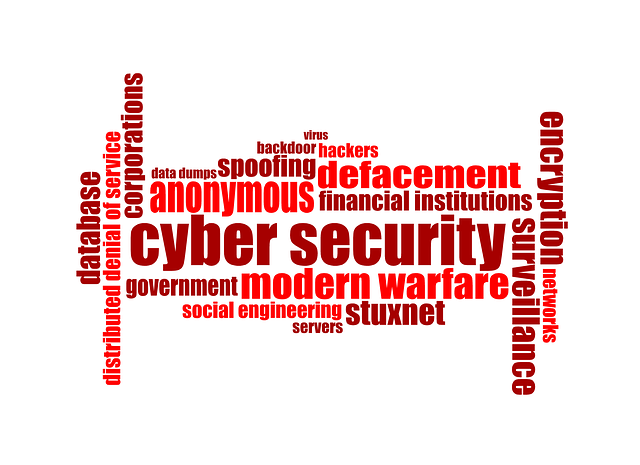
These simple steps go a long way in safeguarding your home Wi-Fi network and ensuring a safer online experience.
Public Wi-Fi Precautions
When you connect to a public Wi-Fi network, you’re stepping into a digital minefield where your personal information becomes an open book for hackers, like a tempting feast laid out before them. To protect yourself in this dangerous territory, there are a few precautions you should take.
Firstly, avoid accessing sensitive transactions such as online banking or shopping while connected to public Wi-Fi. These networks are often unsecured and can easily be intercepted by cybercriminals.
Secondly, consider using a Virtual Private Network (VPN) when connecting to public Wi-Fi. A VPN creates a secure connection between your device and the internet, encrypting your data and making it much more difficult for hackers to access.
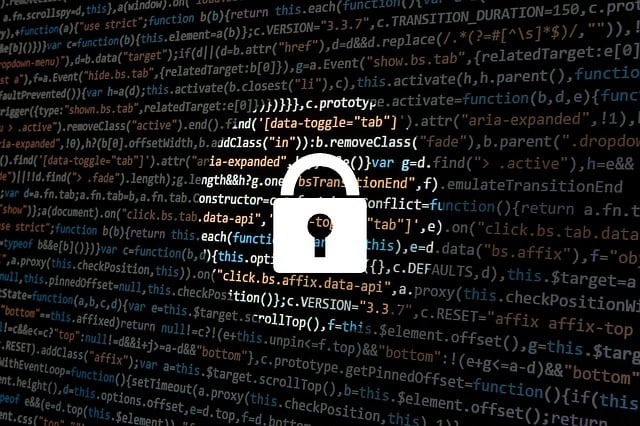
By following these simple steps, you can greatly reduce the risk of falling victim to cyberattacks while using public Wi-Fi networks.
Social Media Privacy and Security
In this subtopic, you’ll learn about social media privacy and security. You’ll understand how to navigate through privacy settings to control who can see your personal information. It’s important to limit sharing personal details and be aware of social engineering techniques used by cybercriminals.
Understanding Privacy Settings
Understanding privacy settings is crucial in order to protect your personal information online. Social media platforms offer various privacy settings that allow you to control who can see your posts, photos, and personal details.
Take the time to explore these settings and adjust them according to your comfort level. Start by reviewing and adjusting the visibility of your profile, ensuring that only approved friends or connections can access it.

Next, consider limiting the visibility of your posts and photos to a select group of people you trust. Additionally, take advantage of features that enable two-factor authentication and notifications for suspicious activities.
Regularly review and update your privacy settings as social media platforms often introduce new features or change their default settings without prior notice.
By understanding and utilizing privacy settings effectively, you can safeguard your personal information from unauthorized access or misuse.
Controlling Personal Information
One key aspect of protecting your personal information online is taking control of the data you share. Be mindful of what you post on social media platforms and ensure that you only share information that you’re comfortable with others seeing. Avoid sharing sensitive details such as your home address, phone number, or financial information unless absolutely necessary.
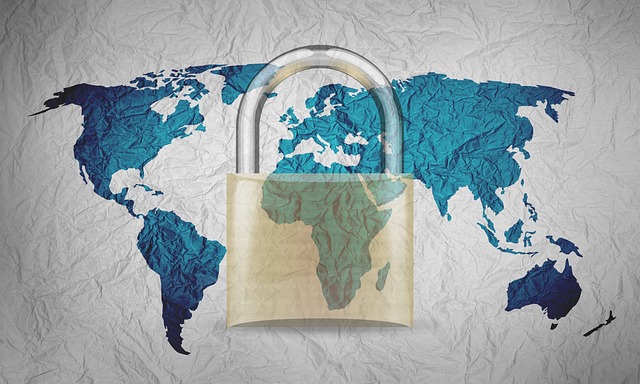
Additionally, be cautious when filling out online forms or surveys, as they may ask for unnecessary personal details. It’s important to regularly review and update your privacy settings on various websites and apps to limit the amount of personal information that’s accessible to others.
By controlling the personal information you share online, you can greatly reduce the risk of becoming a victim of cybercrime or identity theft.
Limiting Sharing of Personal Details
Take charge of your online presence by being cautious about the personal details you share, and protect yourself from potential risks. When it comes to limiting the sharing of personal information, it’s important to be mindful of what you reveal online.
Avoid posting sensitive details such as your full name, address, phone number, or financial information on public platforms. Be wary of sharing personal information with unfamiliar websites or individuals who may have malicious intentions.
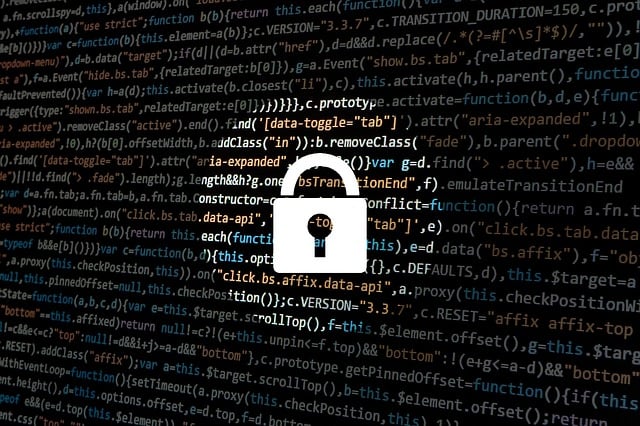
Additionally, review the privacy settings on social media platforms and adjust them accordingly to control who can access your personal information. Remember that once you share something online, it can be difficult to completely erase it from the internet.
By limiting the sharing of your personal details, you can better safeguard your online security and privacy.
Recognizing Social Engineering Techniques
Beware of social engineering techniques as they can be incredibly manipulative and deceptive. These tactics are used by hackers to trick you into revealing sensitive information or performing actions that could compromise your online security.
One common technique is phishing, where scammers send fake emails or messages pretending to be from reputable organizations, like banks or government agencies, in order to obtain your personal information.

They may also use pretexting, where they pretend to be someone else in order to gain access to your account or convince you to perform a certain action.
Another technique is called baiting, where scammers leave infected USB drives or other devices in public places, hoping that someone will pick them up and connect them to their computer, unknowingly installing malware.
By being aware of these techniques and staying vigilant, you can protect yourself against social engineering attacks.
Safe Online Shopping and Banking
When it comes to safe online shopping and banking, there are a few key points you should keep in mind.
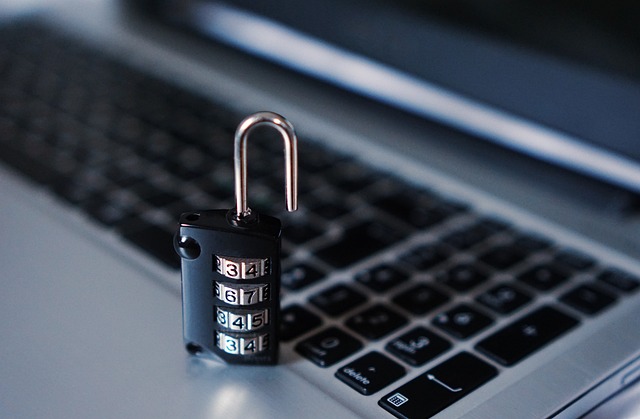
First, make sure you’re using secure websites for your transactions. Look for the padlock symbol in the address bar and ‘https’ instead of ‘http’ in the web address.
Second, always verify payment security measures before entering your financial information. Check for encryption and two-factor authentication options.
Lastly, take steps to protect your financial information by using strong passwords, regularly monitoring your accounts, and being cautious of phishing scams.
Using Secure Websites for Transactions
Secure websites are the key to safe online transactions. When making purchases or banking online, always ensure that you’re using a secure website. Look for ‘https://’ at the beginning of the URL and a padlock symbol in the address bar. These indicate that the website has an SSL (Secure Sockets Layer) certificate, which encrypts your data and protects it from being intercepted by hackers.
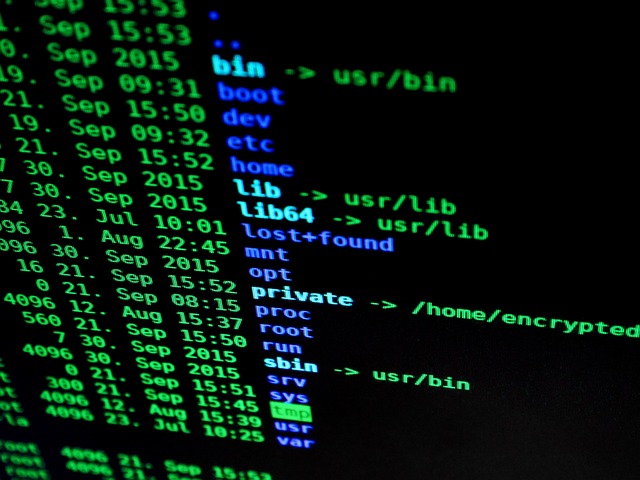
Avoid entering sensitive information on websites that don’t have these security features.
Additionally, be cautious of phishing attacks that mimic legitimate websites. Cybercriminals often create fake websites to trick users into giving away their personal and financial information. To avoid falling victim to such scams, verify the legitimacy of a website before entering any sensitive data. Double-check the URL and look for signs of suspicious activity.
Remember, using secure websites is crucial for protecting your online transactions and keeping your personal information safe from cyber threats. Stay vigilant and make informed choices when engaging in online transactions.
Verifying Payment Security Measures
It’s important to double-check the payment security measures in place before entering your sensitive information. When making an online transaction, ensure that the website you’re using has a secure connection. Look for the ‘https’ in the URL and a padlock icon in the address bar. This indicates that your data will be encrypted during transmission, making it harder for hackers to intercept.

Additionally, reputable websites often display trust seals from third-party security companies. These seals are a good indication that the website has undergone rigorous testing and meets certain security standards.
Lastly, be cautious of any pop-ups or redirects during the payment process, as they could potentially lead you to fake websites designed to steal your information. Taking these precautions will help protect your financial details and give you peace of mind while shopping online.
Protecting Financial Information
To keep your financial information safe, remember to check for secure connection indicators like ‘https’ and a padlock icon before entering sensitive details. These indicators show that the website you’re using has implemented encryption measures to protect your data from being intercepted by hackers.
Additionally, it’s important to be cautious when accessing online banking or making online purchases on public Wi-Fi networks. Public Wi-Fi can be easily compromised, allowing cybercriminals to intercept your data as it travels through the network. Instead, use a trusted and secure internet connection, such as your home or mobile network, for these sensitive transactions.

By taking these precautions, you can greatly reduce the risk of your financial information falling into the wrong hands and ensure a safer online experience.
Cybersecurity for Email and Messaging
To ensure the security of your email accounts, it’s essential to follow certain practices. Start by using strong and unique passwords for each account and enabling two-factor authentication for an added layer of protection.
When it comes to messaging, consider using encrypted messaging apps that offer end-to-end encryption to safeguard your conversations from potential eavesdroppers.
Lastly, always exercise caution when dealing with emails, especially those containing suspicious attachments or requesting personal information. Stay vigilant and avoid falling victim to email scams by being mindful of the red flags and double-checking the sender’s credibility before taking any action.
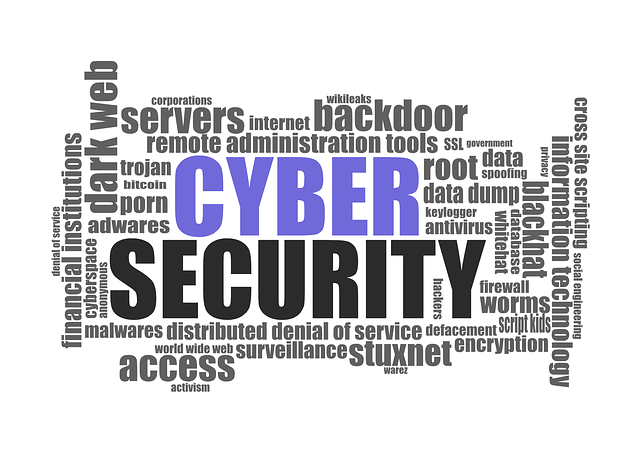
Securing Email Accounts
One important step in protecting your online identity is securing your email accounts. Email accounts often contain sensitive information, such as personal details and financial data, making them a prime target for hackers.
To ensure the security of your email account, start by creating a strong password that includes a combination of letters, numbers, and special characters. Avoid using easily guessable information like your name or birthdate.
Enable two-factor authentication to add an extra layer of protection to your account. Regularly update your email client and operating system to stay protected against the latest security vulnerabilities.
Be cautious of phishing emails and avoid clicking on suspicious links or downloading attachments from unknown sources. By taking these precautions, you can significantly reduce the risk of unauthorized access to your email accounts and protect yourself online.

Using Encrypted Messaging Apps
Now that you’ve learned how to secure your email accounts, it’s time to take your online safety a step further with encrypted messaging apps. These apps provide an added layer of protection for your private conversations by encrypting your messages, making them unreadable to anyone except the intended recipient.
With encrypted messaging apps like Signal or WhatsApp, you can have peace of mind knowing that your chats are protected from prying eyes and potential hackers. Simply download the app, create an account, and start enjoying secure conversations with friends, family, and colleagues.
Remember to always verify the identity of the person you’re communicating with before sharing sensitive information.
Stay one step ahead in safeguarding your privacy with encrypted messaging apps.

Avoiding Email Scams and Suspicious Attachments
Be cautious of email scams that may come disguised as urgent messages from your bank, as these phishing attempts can lure you into providing personal information or downloading malicious attachments like trojans or viruses.
Always double-check the sender’s email address and look for any red flags such as spelling mistakes or grammatical errors. Be wary of emails asking for sensitive information like passwords or social security numbers. Remember, legitimate organizations will never ask you to provide confidential details via email.
If an email seems suspicious, avoid clicking on any links or opening attachments unless you’re absolutely sure they’re safe. It’s also a good idea to keep your antivirus software up to date and regularly scan your computer for any potential threats.
Stay alert and protect yourself from falling victim to email scams and their harmful consequences.

Conclusion
To effectively protect your online presence, it’s imperative that you remain vigilant and consistently educate yourself on cybersecurity practices. While avoiding email scams and suspicious attachments is crucial, it’s just one piece of the puzzle. Cybersecurity is an ongoing battle, and staying safe requires a proactive approach.
Remember to keep all your devices updated with the latest security patches and antivirus software. Regularly change your passwords and ensure they’re strong, using a combination of letters, numbers, and special characters. Be cautious when sharing personal information online or clicking on unfamiliar links.
Don’t forget about two-factor authentication either – this adds an extra layer of security by requiring a second form of verification when logging into accounts.
Lastly, always back up your important data to an external hard drive or cloud storage service.
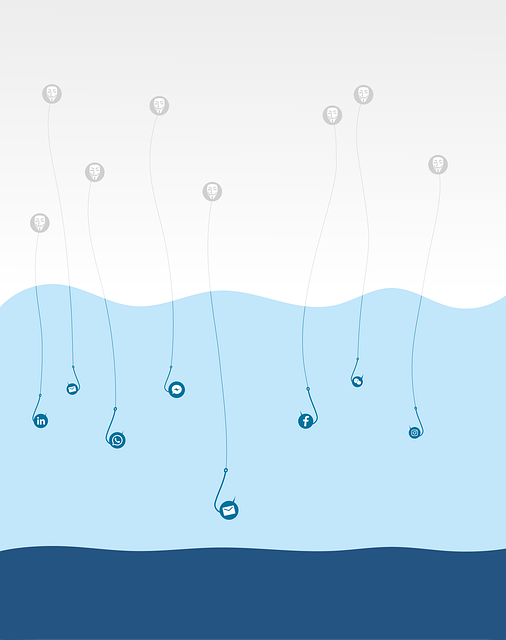
By following these basic cybersecurity practices and remaining diligent in your efforts to stay safe online, you can greatly reduce the risk of falling victim to cyber threats. Stay informed, stay alert, and prioritize your online safety at all times.
Congratulations! You’ve reached the end of this cybersecurity journey, and now you’re an unstoppable force of online safety. With your newfound knowledge, you can outsmart any cyber threat that dares to come your way.
Remember, with strong passwords, vigilant eyes for phishing attacks, secure devices, and savvy social media skills, you hold the power to protect yourself in the digital world.
So go forth and conquer the internet with confidence! Stay safe and enjoy your cyber-adventures like a true superhero.
Common Online Threats and How to Stay Protected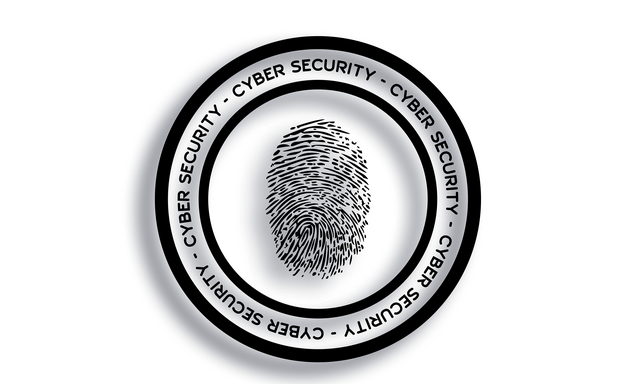
You might also like to read on these cybersecurity articles on Get Hitch
Common Online Threats and How to Stay Protected
Cybersecurity for Travelers: Tips to Stay Secure While Abroad





